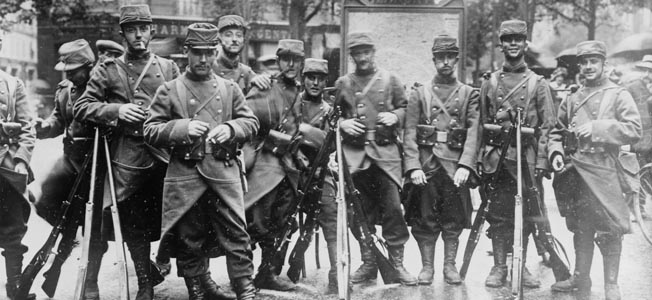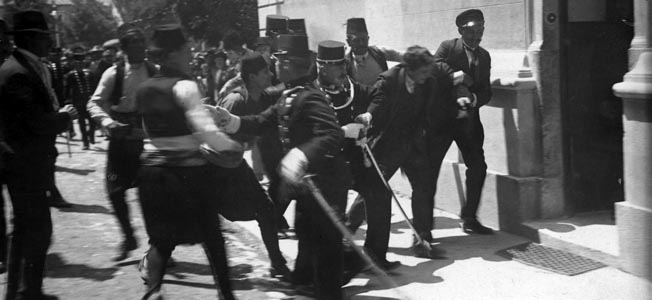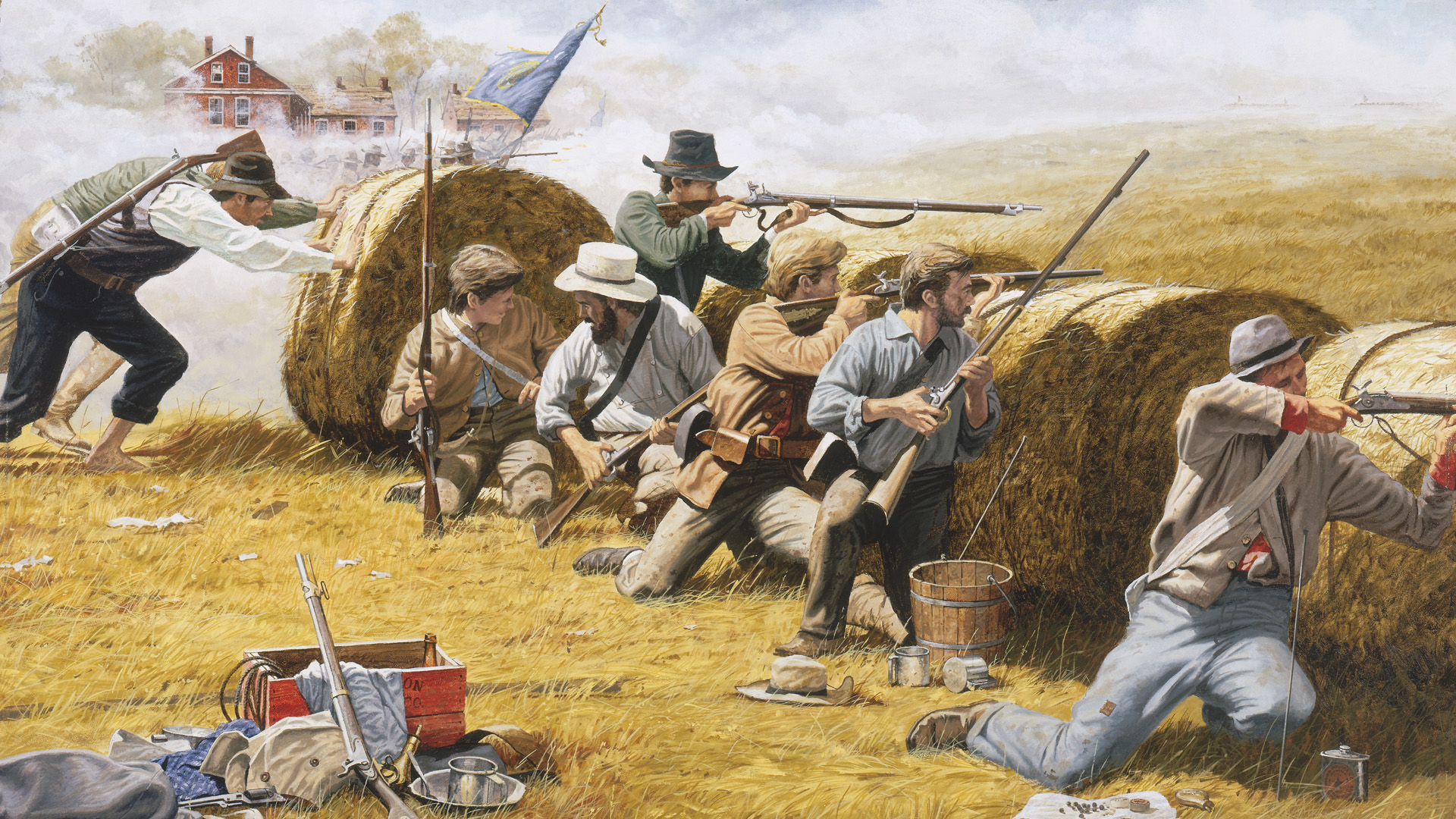by Michael Haskew
The French nation was stunned by the catastrophic defeat its army suffered at the hands of a Prussian-led German coalition in the Franco-Prussian War of 1870-71. Prussian troops had actually occupied the capital city of Paris and forced numerous concessions in the armistice that ended the war, not the least of which was the relinquishing of the provinces of Alsace and Lorraine to Prussian sovereignty.
[text_ad]
On the heels of their victory, the Prussian dominated North German Confederation and the southern German states and duchies were unified under Chancellor Otto von Bismarck in the nation-state of Germany. For decades, French and German enmity smoldered. Keenly aware of the continuing threat posed by Germany, the French government sought agreements with other nations that would offer some measure of additional national security.
Russia The Most Likely Ally
Initially, the most likely partner in a mutually beneficial treaty arrangement was Imperial Russia. France and Russia had fought one another during the Napoleonic Wars of the early 19th century, and Russia had been a partner with Germany and Austria-Hungary in an alliance called the League of the Three Emperors. However, by 1890 the League had fallen apart due to German influence in Turkey and its training of a potentially hostile military in that country and the growing rivalry with Austria-Hungary for influence in the Balkans.
The series of unfortunate events that had befallen both France and Russia left the two governments seeking support. French and Russian diplomats began a dialogue that resulted in the Franco-Russian alliance of 1894. France gained an ally with the largest resource of sheer manpower on the European continent, while Russia became a more influential player in European politics. As the relationship warmed, French government and business interests invested much-needed capital in Russian projects such as the Trans-Siberian Railroad. The fears that both governments harbored concerning the threat of German imperialism were somewhat allayed.
Bitter Enemies Form a New Alliance
Meanwhile, the unification of Germany combined with its naval expansion, overt declarations of its colonial ambitions, and its conclusion of the Triple Alliance with Austria-Hungary and Italy roused Great Britain from its self-imposed period of “splendid isolation” during the late 19th century. Despite the fact that Britain and Prussia had cooperated militarily in the final defeat of Napoleonic France, fighting side by side during the epic Battle of Waterloo in 1815, and with the knowledge that Queen Victoria and her son Edward VII were related by blood to the German royal House of Saxe-Coburg and Gotha, the British perspective was pragmatic. Formerly bitter enemies, the British and French realized that their mutual interests were served with the containment of an imperialistic Germany.
Ironically, Edward VII, who acceded to the British throne in 1901 following the death of Queen Victoria, was a well-known Francophile. French Foreign Minister Théophile Delcassé also labored mightily to improve relations with the British. These circumstances contributed to the successful conclusion in 1904 of a series of agreements called the Entente Cordiale. These related to the countries’ colonial holdings and potential expansion on the continent of Africa and established a basis for continuing cooperation in the face of the burgeoning German threat.
When Great Britain and Russia concluded the Anglo-Russian Convention in 1907, the final component of the Triple Entente was in place.









Join The Conversation
Comments
View All Comments